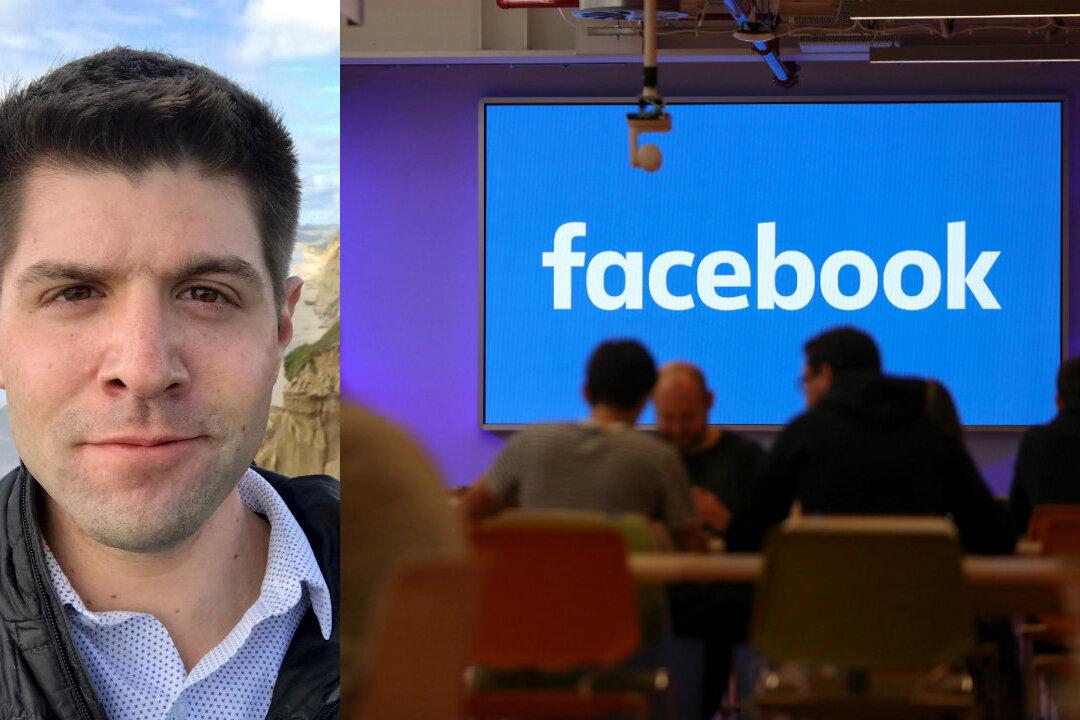Friday, Oct. 12, was Brian Amerige’s last day at Facebook after nearly seven years. “This was a difficult decision to make because I love so much about this company, our mission, and our leaders,” he said in a goodbye memo later leaked to the press.
He told his colleagues they had a lot to be proud of. He praised “the density of talent at Facebook.” He said his “teams have always felt like family.”





